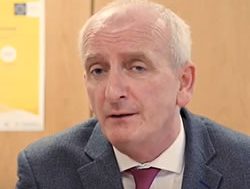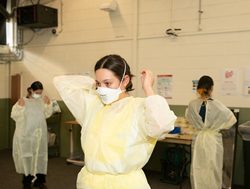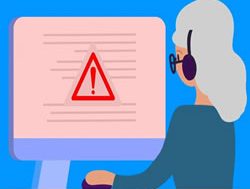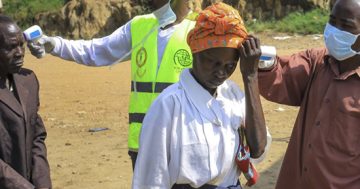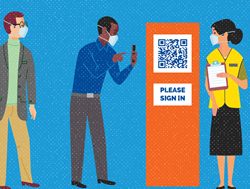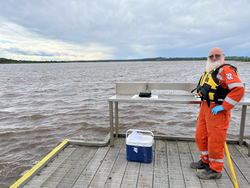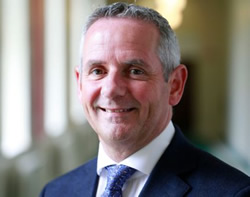 In one of the largest redeployments in Irish Public Service history, more than 1,000 staff will become involved in tracing the contacts of those who test positive for COVID-19.
In one of the largest redeployments in Irish Public Service history, more than 1,000 staff will become involved in tracing the contacts of those who test positive for COVID-19.
Chief Executive of the Health Service Executive (HSE), Paul Reid (pictured) said contact tracing was one of the essential tools available to health authorities, along with testing and isolation, to try to break the chain of coronavirus infection.
“The more staff involved in tracing, the more contacts can be followed up,” Mr Reid said.
“Contact tracing will be divided into three separate phases,” he said.
“About 200 people will be involved in the first element, to deal directly with those people who test positive for COVID-19.”
He said up to 1,000 might be engaged in the two later phases, taking details of contacts of the person affected and then contacting those individuals.
“The trigger for the contact tracing comes when public health authorities are officially notified by laboratories of the identity of a person who has tested positive for COVID-19,” Mr Reid said.
Specialist in Public Health Medicine at HSE, Sarah Doyle says the first call to the person with the condition would be made by someone with a clinical background — a doctor, a nurse or other health professional.
Dr Doyle said individuals with confirmed case would be taken through the HSE advice for the condition, including infection-control and self-isolation.
“They will be asked to think about those they had close contact with since they started to develop symptoms,” she said.
“These are defined, based on European public health advice, as being people with whom there was face-to-face contact within two metres distance for 15 minutes, or those with whom two hours was spent in the same room.”
Dr Doyle said that if the individual concerned worked in settings involving large numbers of people in close confinement, their case would be considered to be complex and would be managed directly by their local Department of Public Health.
“In other circumstances, the person will receive a second call to go through the details of the contacts they were asked to try to recall,” she said.
“The second caller could be from someone who had previously worked elsewhere in the Public Service but who had received specific training from the HSE.”
She said a third call would involve contacting people and advising them they had been in contact with a person who has contracted COVID-19
Dublin, 29 March 2020



